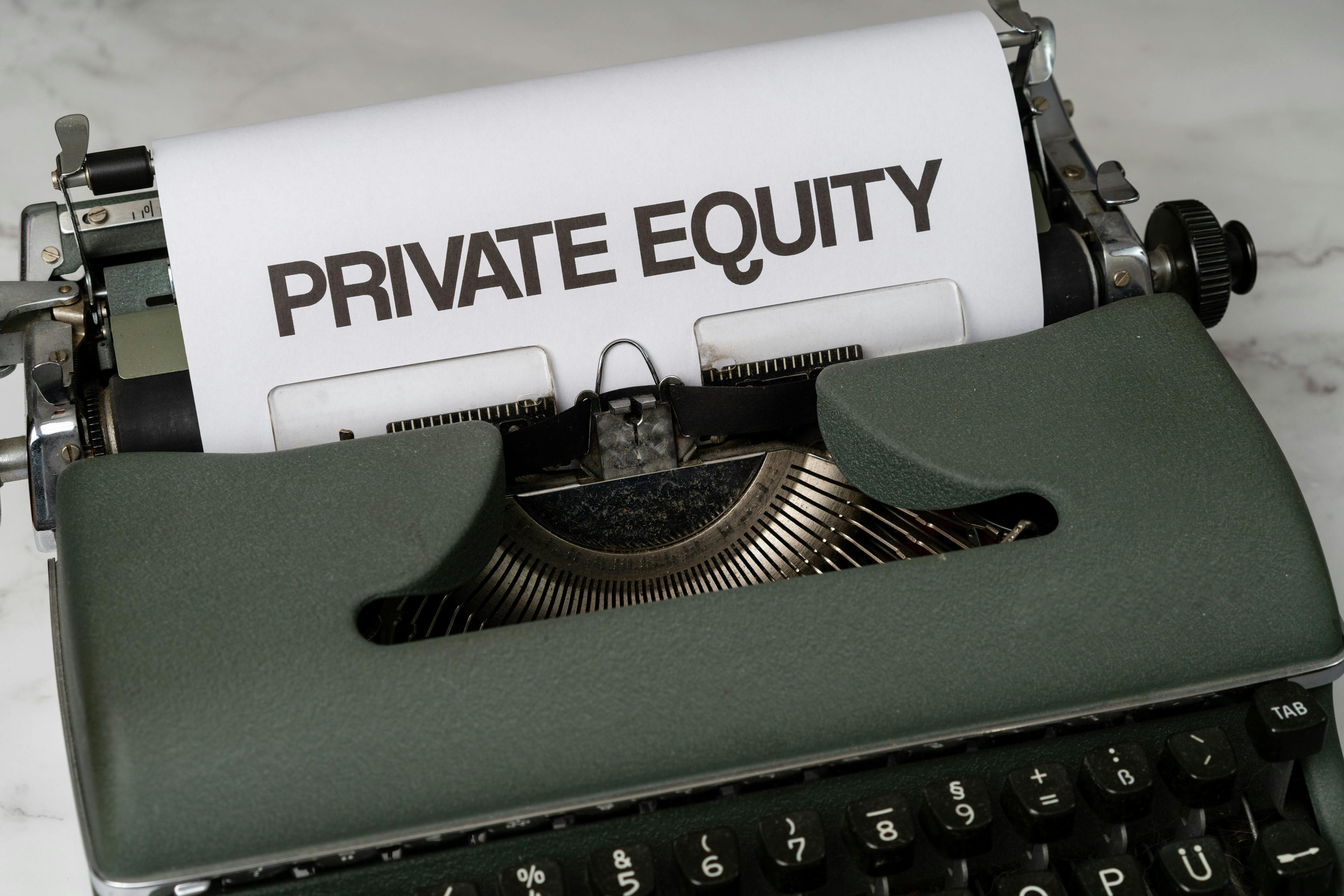Introduction
As the cryptocurrency sector matures, mergers and acquisitions (M&A) are becoming a powerful tool for companies to scale, innovate, and consolidate their market positions. However, the unique complexities of the crypto space—from asset valuation to regulatory compliance—demand thoughtful planning and structuring to ensure successful transactions.
In this article, we explore the critical steps and strategies needed to navigate the challenges of M&A in the crypto world.
Why M&A is Gaining Momentum in Crypto
- Market Consolidation:
- The highly competitive crypto space has triggered a wave of consolidation, as companies merge to pool resources and reduce redundancies.
- Technology and Talent Acquisition:
- Startups and established players alike are acquiring firms with innovative blockchain technologies or experienced teams to maintain a competitive edge.
- Geographical Expansion:
- M&A deals offer opportunities to expand into new markets, tapping into regional expertise and customer bases.
- Synergies and Cost Efficiency:
- Companies can combine operations, streamline costs, and leverage shared infrastructure to scale more efficiently.
Unique Challenges in Crypto M&A
While M&A offers exciting opportunities, it also presents unique hurdles:
- Valuation Complexity:
- The volatility of crypto assets makes it difficult to determine accurate valuations.
- Assessing the value of blockchain technologies, intellectual property, and token holdings adds additional layers of complexity.
- Regulatory Uncertainty:
- Jurisdictions around the world have differing approaches to crypto regulation, creating challenges in cross-border deals.
- Compliance with tax laws, AML (Anti-Money Laundering), and KYC (Know Your Customer) standards is crucial.
- Due Diligence Hurdles:
- Traditional due diligence processes must be adapted to include blockchain data analysis and risk assessments.
- On-chain transaction verification and smart contract audits require specialized expertise.
- Integration Challenges:
- Merging decentralized teams, operations, and platforms can be difficult, especially when combining organizations with distinct cultures and technologies.
Key Steps to Structuring a Successful Crypto M&A Deal
- Conduct Comprehensive Due Diligence:
- Review the target company’s financial records, crypto holdings, smart contract activities, and compliance history.
- Assess on-chain activity and identify potential risks, such as unresolved tax liabilities or regulatory breaches.
- Accurate Valuation of Crypto Assets:
- Factor in market volatility, liquidity, and the long-term potential of blockchain technologies.
- Include both tangible assets (e.g., fiat reserves, hardware) and intangible assets (e.g., intellectual property, tokenomics).
- Address Regulatory Compliance:
- Ensure the deal adheres to the legal frameworks of all jurisdictions involved.
- Align with licensing requirements, tax obligations, and anti-fraud measures.
- Plan for Post-Merger Integration:
- Develop a strategy to merge operations, technologies, and teams seamlessly.
- Define roles and responsibilities to avoid conflicts or redundancies.
- Engage Industry Experts:
- Collaborate with legal advisors, auditors, and financial experts experienced in crypto M&A to navigate challenges effectively.
The Role of CFOs in Crypto M&A
CFOs play a pivotal role in structuring and executing M&A transactions:
- Financial Oversight:
- CFOs ensure accurate valuation, due diligence, and financial reporting throughout the process.
- Compliance Leadership:
- They oversee adherence to global regulations and mitigate risks related to audits or penalties.
- Stakeholder Communication:
- CFOs provide clarity to investors, board members, and other stakeholders about the financial and strategic benefits of the deal.
Future Trends in Crypto M&A
- Focus on Web3 and DeFi Technologies:
- Companies are increasingly acquiring firms specializing in decentralized finance, NFTs, and Web3 infrastructure to stay ahead of industry trends.
- Cross-Border Deals:
- As crypto markets become more globalized, cross-border M&A activity is expected to rise, fostering international partnerships.
- Blockchain-Based M&A Tools:
- The use of blockchain for transparent transaction tracking and contract management is likely to revolutionize the M&A process.
Conclusion
Mergers and acquisitions are reshaping the crypto industry, offering businesses a pathway to innovation, growth, and global competitiveness. However, success in crypto M&A requires meticulous planning, comprehensive due diligence, and strategic execution.
By addressing the unique challenges of the crypto space and leveraging expert guidance, businesses can unlock the full potential of M&A and achieve long-term success.
If you have any questions or require further assistance, our team at Block3 Finance can help you.
Please contact us by email at inquiry@block3finance.com or by phone at 1-877-804-1888 to schedule a FREE initial consultation appointment.
You may also visit our website (www.block3finance.com) to learn more about the range of crypto services we offer to startups, DAOs, and established businesses.
